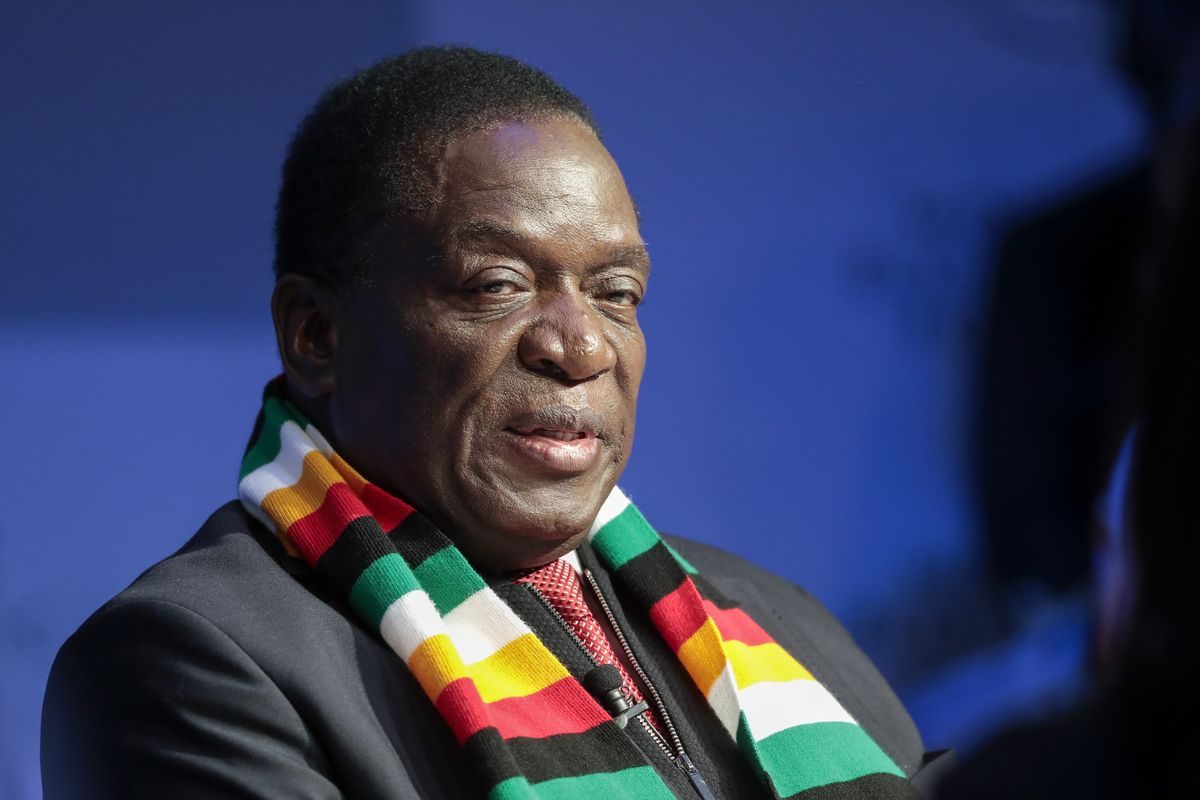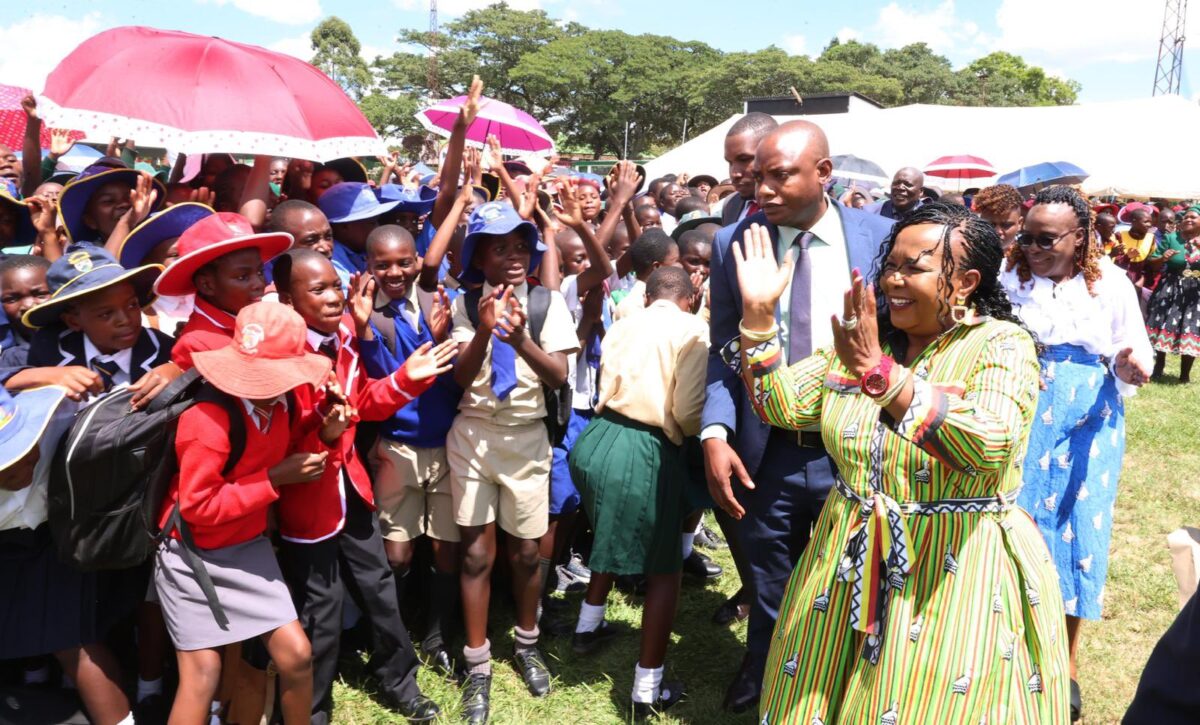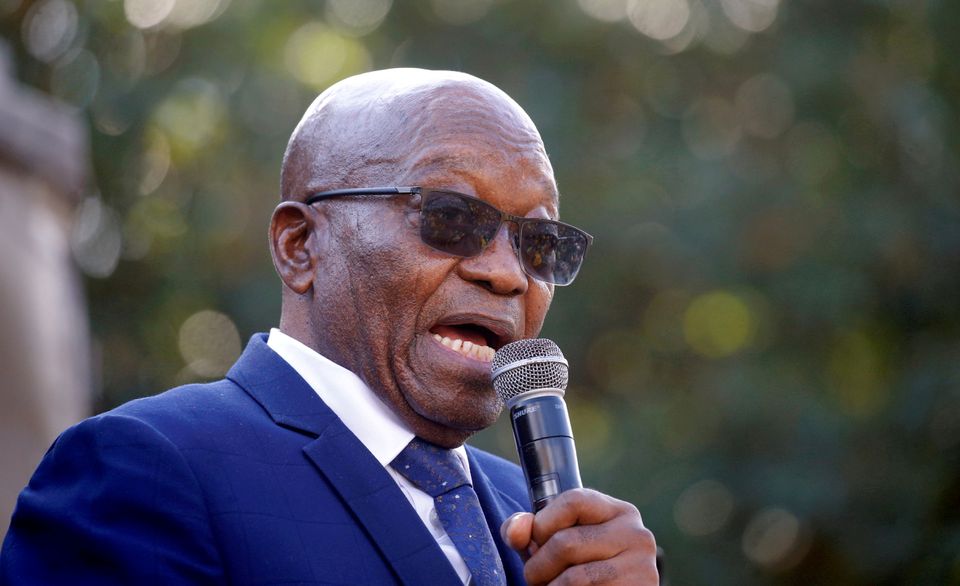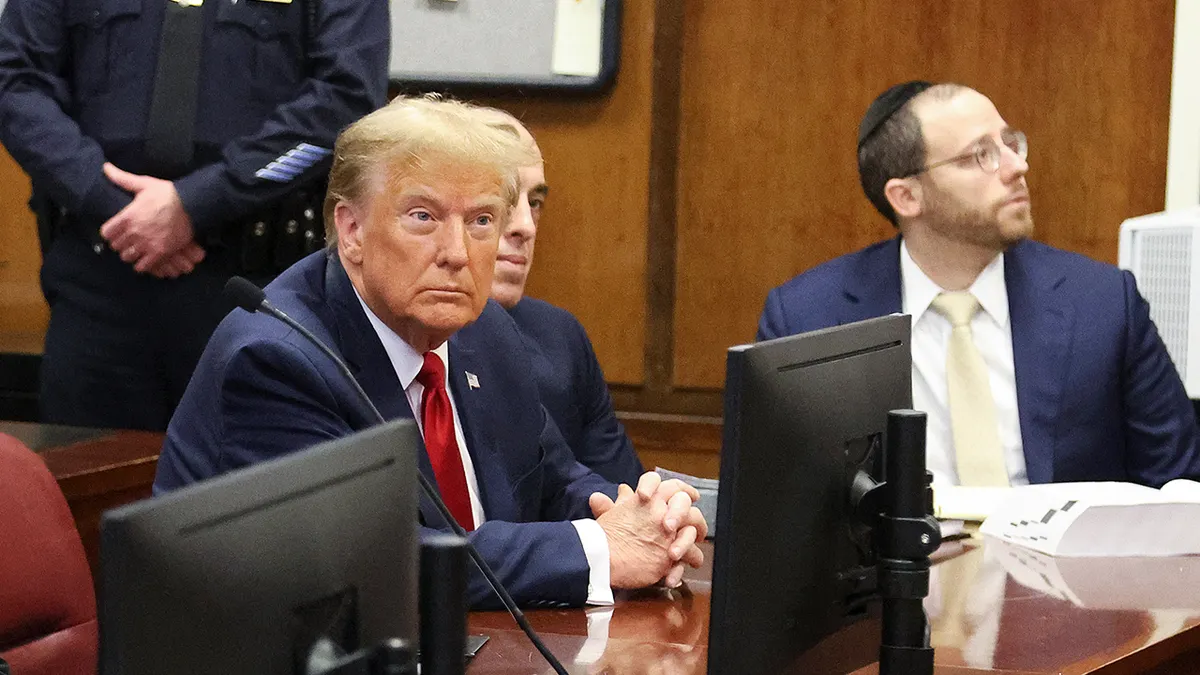BULAWAYO – President Emmerson Mnangagwa gave shock concessions to a group of non-governmental organisations from Matabeleland on Tuesday, including opening long-suppressed discussions on the Gukurahundi genocide.
Mnangagwa directed that reburials of victims of the 1980s genocide can go ahead, while ordering ministers to issue death and birth certificates to people impacted by the brutal army massacre which rights groups say killed over 20,000 people in the Midlands and Matabeleland provinces.
Mnangagwa met representatives of over 60 NGOs in Bulawayo last month, and was handed a list of grievances, including the lack of decent burials for victims of the genocide. Victims had also not been issued with death certificates and their children remained undocumented as the births and deaths registry was refusing to issue them with birth certificates which had affected their education.
“The government, through the Ministry of Home Affairs and Cultural Heritage, will facilitate the issuance of birth certificates and death certificates for victims affected by Gukurahundi. The ministry will also facilitate the exhumation and reburial of Gukurahundi victims,” Virginia Mabhiza, the Permanent Secretary in the Ministry of Justice, Legal and Parliamentary Affairs said at a joint news conference with the ‘Matabeleland Collective’.
“We’re also implementing protection mechanisms for those affected by Gukurahundi to be free to discuss their experiences.”
Zenzele Ndebele, who has produced two documentaries about Gukurahundi, expressed surprise at Mnangagwa’s concession.
“First, one has to see if they implement what they’re promising. I’m not sure though that they realise the significance of what they are promising because every exhumation and reburial is accompanied by a story of how that person died. Are they really prepared to deal with what’s coming? I don’t know,” Ndebele told ZimLive.
Exiled former minister Jonathan Moyo, whose father was killed by the Fifth Brigade, the army unit which carried out the atrocities, maintains that dealing with Gukurahundi requires a legal process.
In a series of tweets, Moyo said: “The minutes with the matrix of actions to be taken by Home Affairs, Health and Public Service ministries is in the name of Virginia Mabhiza; a permanent secretary in a line ministry with no legal power or authority to direct other permanent secretaries, let alone any minister.
“While the Mabhiza matrix refers to ‘implementation modalities’, there are actually no modalities given, spelt out or detailed on how it will be done. To say ‘facilitate birth certificates of victims affected by Gukurahundi’ is not an implementation modality.
“The tragedy of this woolly process is exposed by the fact that the exhumation of bodies of victims of Gukurahundi atrocities requires a request. What is a request? Is it an application or a mere formality? Can a request be denied? And what’s ‘reburial in an orderly manner?’
“It would have been far more assuring if the matrix had been announced as a Cabinet decision by the minister of information flanked by the ministers of Home Affairs; Public Service and Health respectively.
“Mabhiza’s matrix press conference on Mnangagwa’s behalf was full of sound and furry yet it signified nothing and was not worth the paper it’s written on from a policy and legal point of view.”
Resolving Gukurahundi required “truth and justice”, Moyo said, adding: “There’s an urgent need for a Gukurahundi Law, not a self-indulgent matrix.”
Mnangagwa was State Security minister when about 5,000 soldiers were deployed in Matabeleland and Midlands provinces in response to what the government said was a dissident menace – rebellious former independence war fighters from ZIPRA who had refused to put down their arms after independence in 1980.
Opponents however said the deployment was an attempt by then Prime Minister Robert Mugabe to crush his main political rival Joshua Nkomo, whose main support base spread across the southern parts of the country.















